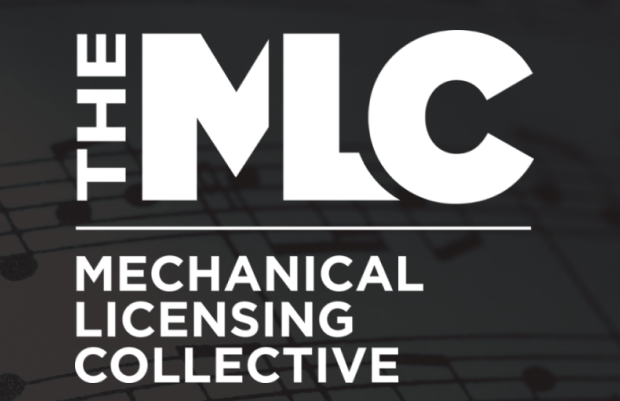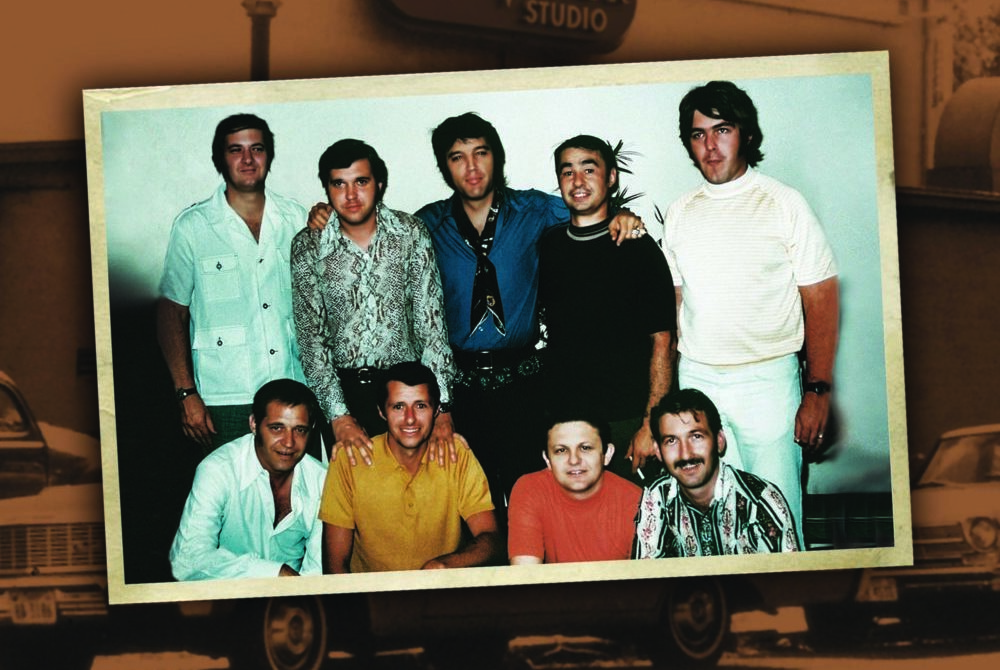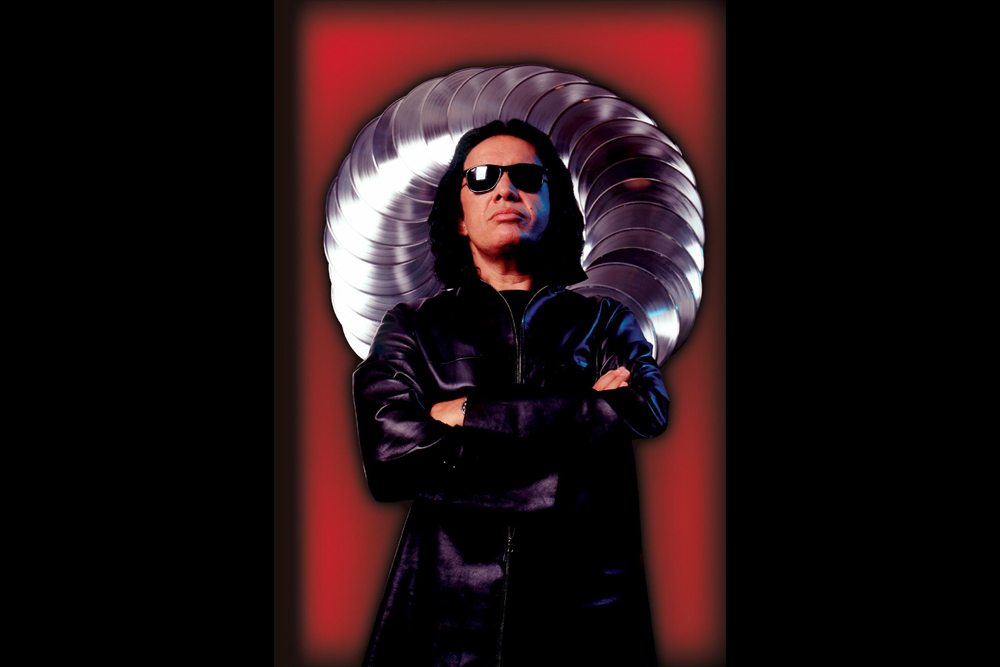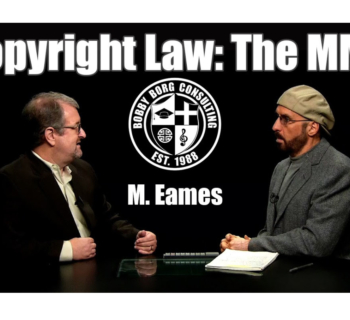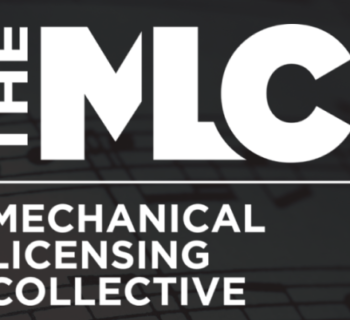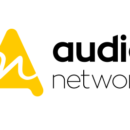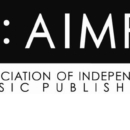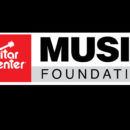The License Availability Date set by the landmark Music Modernization Act of 2018 (MMA)–when digital audio services can begin operating under a new blanket mechanical license covering every musical work available on their U.S. services – has officially arrived, ushering in a new era in mechanical licensing led by The Mechanical Licensing Collective (The MLC).
The MLC has officially begun administering this new blanket license established by the MMA. Services operating under the blanket license will be required to send monthly usage reports and mechanical royalty payments to The MLC. The MLC will then match the usage activity to the appropriate musical works owners using the data in The MLC’s new musical works database, and distribute the royalties it has received to music publishers, musical works administrators and self-administered songwriters, composers and lyricists. The MLC anticipates sending out its first royalty payments and statements in April of 2021.
“The MLC has spent more than a year preparing for the License Availability Date, developing numerous resources for creators and music publishers to help them navigate the changes to mechanical licensing, conducting crucial outreach with well over 50 digital service providers (DSPs) and undertaking a widespread outreach campaign to educate music publishers, administrators, self-administrated songwriters and others in the broader music industry about The MLC’s mission and purpose,” said Kris Ahrend, CEO of The MLC. “We have also been fortunate to receive valuable input and guidance from our Board and Committee members – songwriters, publishers and digital service executives themselves – which has helped shape The MLC's mission and scope of work since passage of The MMA. The arrival of the License Availability Date marks yet another milestone in the process of making the promises of the MMA a reality, and The MLC team could not be more excited.”
DSPs that elect to operate under the new blanket license will enjoy a host of benefits, starting with the fact that they will be properly licensed to reproduce and distribute all eligible musical works in their covered activities, which will enable them to avoid risks and liabilities arising from using works without proper mechanical licenses.
Since last Summer, The MLC has engaged with more than 50 DSPs expected to be eligible to secure the new blanket license to ensure those services are aware of their new legal responsibilities and solicit feedback. Working closely with the Digital Licensee Coordinator (DLC), the organization created by The MMA to represent digital audio services, The MLC conducted a series of webinars specifically designed for DSP representatives. Last Fall, The MLC launched a dedicated DSP Resources page on its website (TheMLC.com/dsp-resources) that includes an online form for DSPs to use to submit their Notices of License, usage reporting specifications they will need for submitting their monthly usage reports to The MLC and a calendar of key dates for them to track.
The MLC will also offer a number of key benefits for rightsholders, starting with The MLC Portal – a brand-new online resource where Members of The MLC will be able to review and update their existing musical works data, submit new registrations for new musical works and, starting later this Spring, access their royalty statements. Since beginning the roll-out of The MLC Portal in September of last year, more than 8,000 Members have been invited to set up their user accounts and Member profiles in The MLC Portal, which will continue to be enhanced for even greater functionality. Prospective members who have not yet begun that process can now do so by clicking on the “Connect to Collect” button on The MLC’s website. The MLC has established a page on its website where visitors can find detailed information about Membership at TheMLC.com/membership.
The MLC has also launched its new public musical works database. Interested parties can now access the database via the “Public Search” button located at the top of the home page of The MLC’s website. The MLC will launch its Bulk Data Access subscription program soon, allowing subscribers to download a set of files containing all of the musical works ownership data in The MLC’s database. The MLC will provide weekly updates to these files to ensure that subscribers have access to the most current version of The MLC’s data. This public access to The MLC’s data will provide greater transparency around the new blanket mechanical licensing process.
Recognizing both the importance for rightsholders to check the accuracy of their data and the inherent challenges in doing so, The MLC launched its innovative Data Quality Initiative (DQI) last year, allowing rightsholders to compare large schedules of their own musical works data with The MLC’s data in order to identify any discrepancies between the two. Providing rightsholders with reports showing these discrepancies makes it far easier for them to determine where they need to make corrections to their existing musical works data in The MLC’s database, which will ensure the mechanical royalty payments they receive from The MLC are more accurate. To date, nearly 400 DQI participants have submitted comparison files to The MLC covering more than 17.5 million works, and The MLC has also announced five Data Quality Partners who will offer enhanced services and functionality on their platforms to help their customers and users participate in the DQI more easily.
Starting last Spring, The MLC launched a comprehensive outreach campaign intended to educate prospective Members and others involved in the music industry about The MLC’s mission and purpose, and the various ways that the MMA will change the mechanical licensing process for U.S. digital audio services. Over the past year, The MLC has produced or participated in 100 webinars, through which the organization has connected with nearly 13,000 people. One of the highlights of this campaign was the inaugural MLC Week held last October, when The MLC hosted a series of webinars covering topics like The MLC’s creation and purpose, The MLC Portal, The MLC’s commitment to service and its vision for the future. The MLC’s participation in educational webinars will continue this year with the popular “Self-Administered Songwriters” series and the addition of regular informational webinars for MLC Members.
Finally, The MLC’s Music Data Organization Worksheet – designed to help self-administered songwriters through the process of collecting the data they will need to register their works with The MLC – has been downloaded more than 1,000 times, and the organization also recently unveiled a free Educator Toolkit designed to help college educators teach music and music business students about the changes to digital audio mechanical rights under The MMA and The MLC’s role in those changes.

